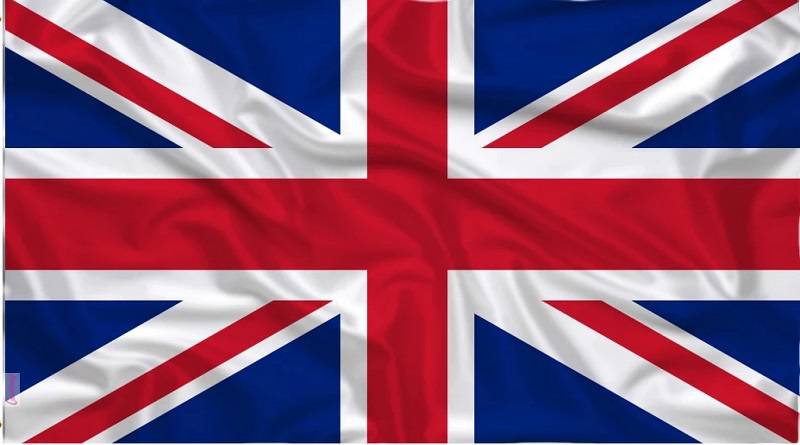12 sinif ingilizce modal verbs should might could anlatimi

 Loading…
Loading…
MODALS
SHOULD
MIGHT
COULD
SHOULD HAVE
MIGHT HAVE V3
COULD HAVE
“SHOULD” is used to express
EXPECTATION about future events.
He should be there. It is probably that he will be there.
He should prepare the test before they come.
Before they come
F u t u r e
He should finish the exam before 11 o’clock.
He should buy the presents before his birthday.
“SHOULD” can express advise.
You should read this book. It is very good.
You should see that film. You’ll like it.
You should study before the exam.
They should go there early.
Problems one may have while he is driving a car;
He may get lost.
He may run out of petrol.
He may get a puncture.
He may get stuck in a traffic jam.
“May / MIGHT” possibility in PRESENT or FUTURE.
He may tell his wife the subject.
He might tell his wife the subject.
He may emigrate.
He might emigrate.
Ali may know his address.
Ali might know his address.
They may lend you the money.
They might lend you the money.
PERHAPS
He will tell his wife,
PERHAPS
He tells his wife.
PERHAPS
HE WILL
EMIGRATE
PERHAPS
HE
KNOWS
I THINK
It is unlikely.
“COULD “ can be used instead of “MAY / MIGHT”
“Could’un yerine MAY / MIGHT kullanılabilir.”
I wonder where Ali is. “Ali’nin nerede olduğunu merak ediyorum.”
He may be in the library.
He might be in the library.
He could be in the library.
“He doesn’t want to come.”
He may not have enough money.
He might not have enough money.
He could not have enough money.
“Do you think the plane will be on time?”
“Sizce uçak vaktinde gelecek mi?”
I don’t know THE PLANE may be delayed by the fog.
I don’t know it might be delayed by the fog.
I don’t know it could be delayed by the fog.
What are you going to do tonight?
I don’t know. I may watch tv for a while.
I might watch tv for a while.
I could watch tv for a while.
Are you going to the party?
I don’t know. I may go to the party.
I might go to the party.
I could go to the party.
What are you going to study at the university?
I haven’t decided yet. I may study economics.
I might study economics.
I could study economics.
Do you want to come to the cafeteria with us?
I don’t know. I may join you later.
I might join you later.
I could join you later.
I think It will rain.
I think It may rain.
It might rain.
It could rain.
I think Veli will solve the problem.
He may solve the problem.
He might solve the problem.
He could solve the problem.
Perhaps Buğra TOOK a holiday.
He might have taken a holiday.
He could have taken a holiday.
Maybe Cemil has left the country.
He might have left the country.
He could have left the country.
Perhaps he WANTED a rest.
He might have wanted a rest.
He could have wanted a rest.
Did Gökçen bring her car to school today?
I’m not sure. She might have brought her car to school.
She could have brought her car to school.
Did Aylin call while I was out?
I’m not sure. She might have called while you were out.
She could have called while you were out.
Did Hasan pass all his examinations?
I’m not sure. He might have passed all his examinations.
He could have passed all his examinations.
Did you buy anything on the sale?
No, I might have bought something If I’d gone to the sale.
No, I could have bought something If I’d gone to the sale.
Did you talk to Mert at the party?
No, I might have talked to him if I’d gone to the party.
No, I could have talked to him if I’d gone to the party.
Did your team win the match?
No, They might have won the match if they’d played well.
No, They could have won the match if they’d played well.
It is possible that they FORGET about it.
They may forget about it.
They might forget about it.
They could forget about it.
It is possible that they FORGOT about it.
They might have forgotton about it.
They could have forgotton about it.
I wonder how Ali KNEW about Leyla’s engagement.
Ali might have heard it from Hasan.
He could have heard it from Hasan.
I wonder how Veli PASSED the exam.
He might have studied his lessons.
He could have studied his lessons.
“Tuğba didn’t come to the party.”
She might have forgotton it.
She could have forgotton it.
“He told his friend everything.”
He might have trusted his friend.
He could have trusted his friend.
“He finished the test earlier than the other students.”
He might have studied hard.
He could have studied hard.
“They didn’t believe his friends.”
They might have told lots of lies before.
They could have told lots of lies before.
“She ate everything on the table.”
She might have eaten nothing for a long time.
She could have eaten nothing for a long time.
He might have gone.
(It is possible that he went)
(It is possible that he has gone)
She might have missed the plane.
She could have missed the plane.
(It is possible that she missed the plane.)
“He came home alone.”
He might have get lost. (but he didn’t)
He could have get lost. (but he didn’t)
“SHOULD HAVE” for an action we expected to happen
But DIDN’T HAPPEN.
He should have come. But he didn’t.
She should have prepared the meal. But she didn’t.
They should have phoned him earlier.
Eegitimim sitesinden daha fazla şey keşfedin
Subscribe to get the latest posts sent to your email.
